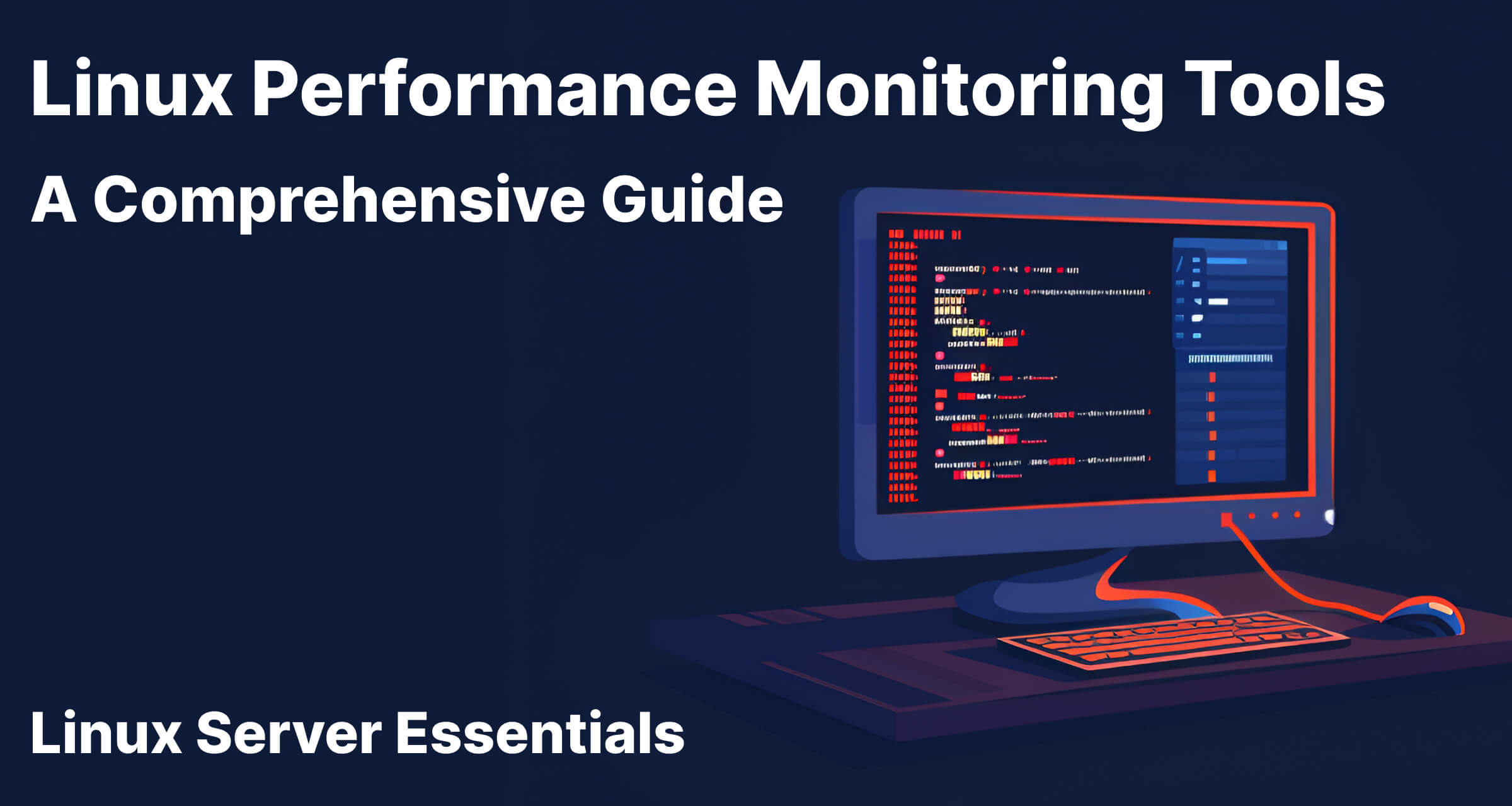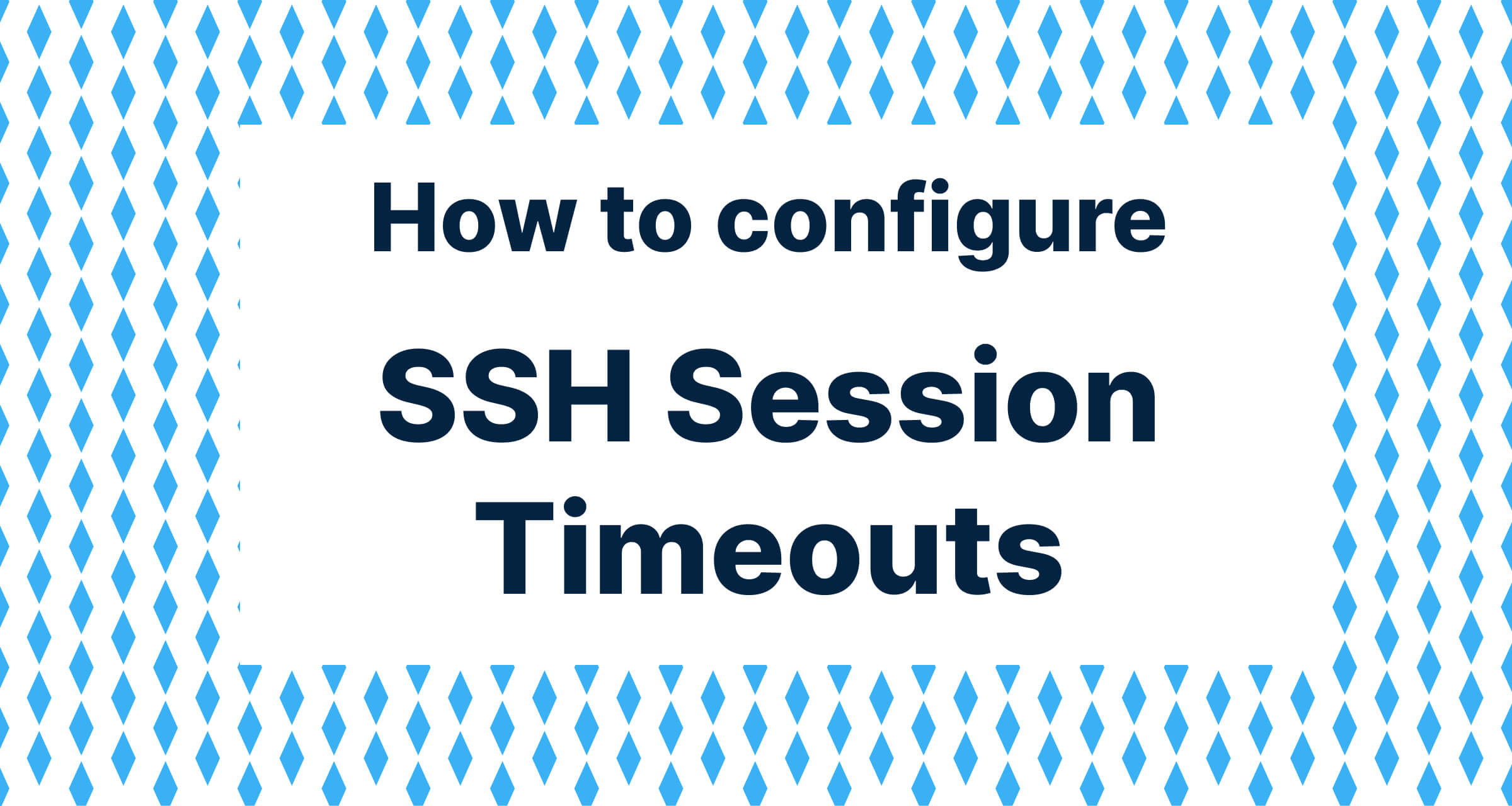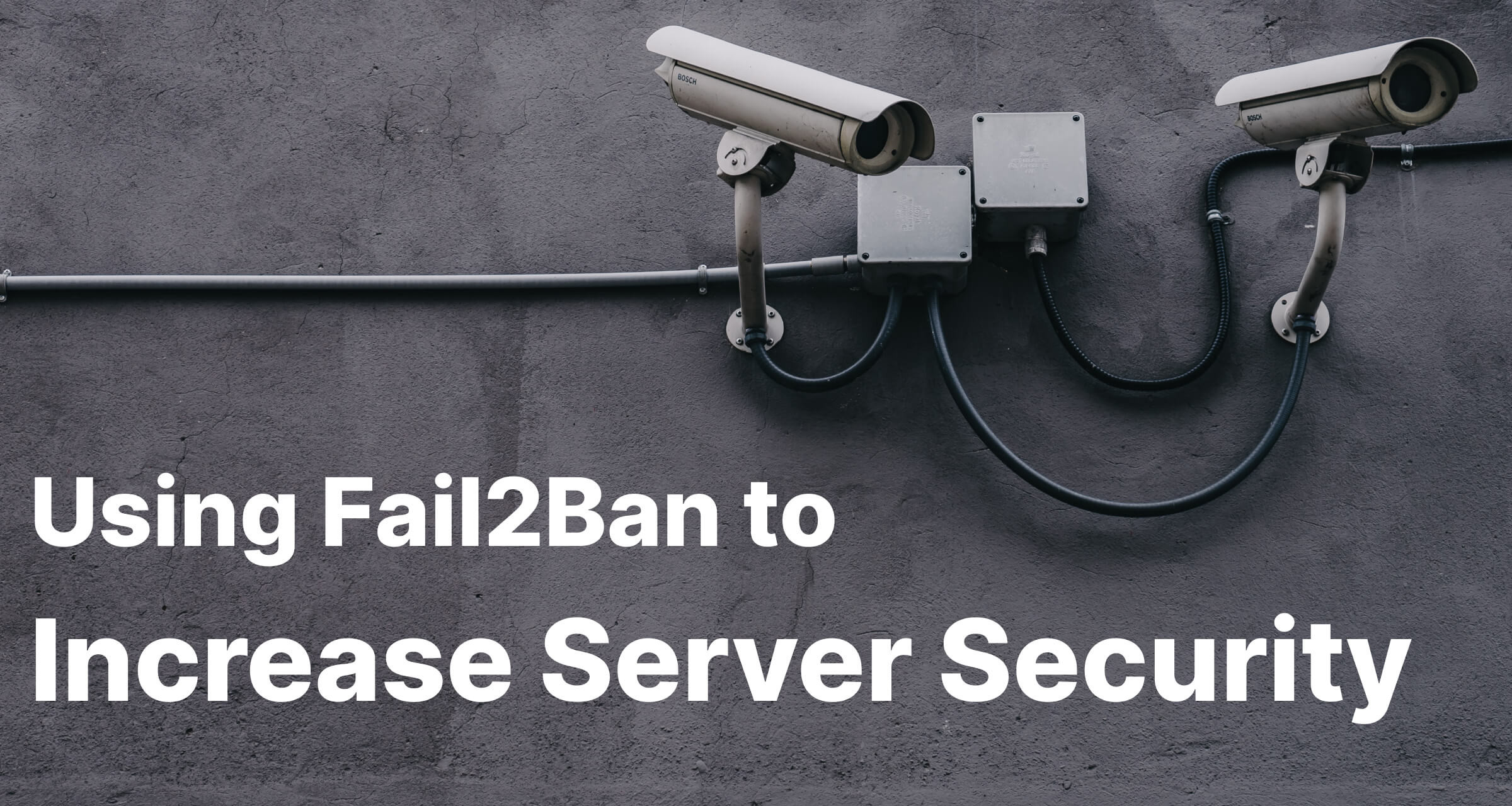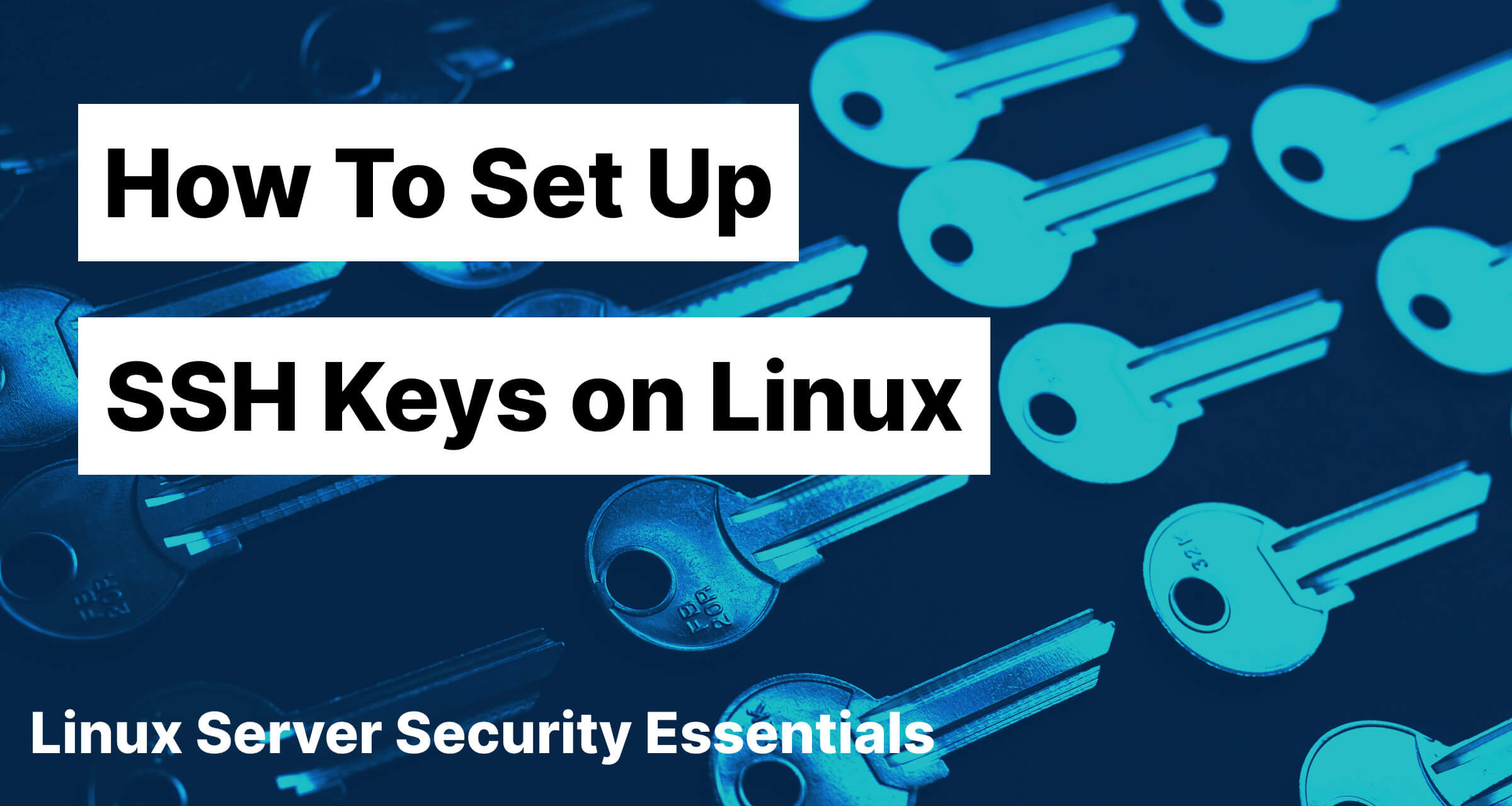Nginx and PHP. Together, they form a powerful, reliable stack for both simple sites and large-scale web applications. In this guide you'll learn about them and how to install them on your server.

ServerAuth makes it easy to deploy your CraftCMS sites to your servers, and supports automatic deployments from your git repository. In this guide we'll show you how it's done!

Did you know that you can be notified every time someone uses Sudo to increase their permissions on your server? In this article we'll dig into how to set it up, and why you should be using it!

Navigating server providers and creating a server can be tough with all the available options! In this guide we'll hand-hold you through the process of setting up a server with Akamai

Learn how to monitor your servers, as we explain a range of built in tools and options for keeping track of server metrics, and how to read the often confusing data provided by some of these tools.

Using a different server provider can always be a daunting task. In this guide, we'll take you through deploying a new server with Vultr and how to integrate it into ServerAuth!

With the introduction of Laravel 11 and the new first party websocket package, Reverb, we're diving in how to get it set up, and how to deploy it to your server.

This guide will walk you through setting up a Laravel based Filament application and then deploying it to your server.

There's always a ton of options when creating new servers! In this guide, we'll run you through creating a server with the popular provider, Hetzner along with integrating it into ServerAuth!

Disk space is a valuable resource on any Linux server, and it's crucial to manage it efficiently to ensure optimal performance and prevent system slowdowns or crashes.

Creating multiple users on your server helps to both organise your server and improve security. Take a look at our guide on the right way to create server users, and how ServerAuth makes this easier!

With all the options, creating a server can be a daunting task. In this guide, we'll run you through creating a server with DigitalOcean and integrating with ServerAuth to make management a breeze.

Cron Jobs make repeated scheduled tasks on Linux a breeze. In this guide we'll explain what Cron Jobs are, how they work, and how you can get started scheduling your website or application's tasks.

Logging out of your server is not something you may automatically think of doing, especially if you're in the middle of doing something else. You may find yourself still logged in some time later.

Automatically block bad actors from accessing your server with Fail2Ban. A handy Linux tool to automatically scan for potential threats.

Setting up SSH Keys can make connecting to your servers so much easier. In this guide we'll show you how to use ssh-keygen to generate a new SSH key and add it to your server.

